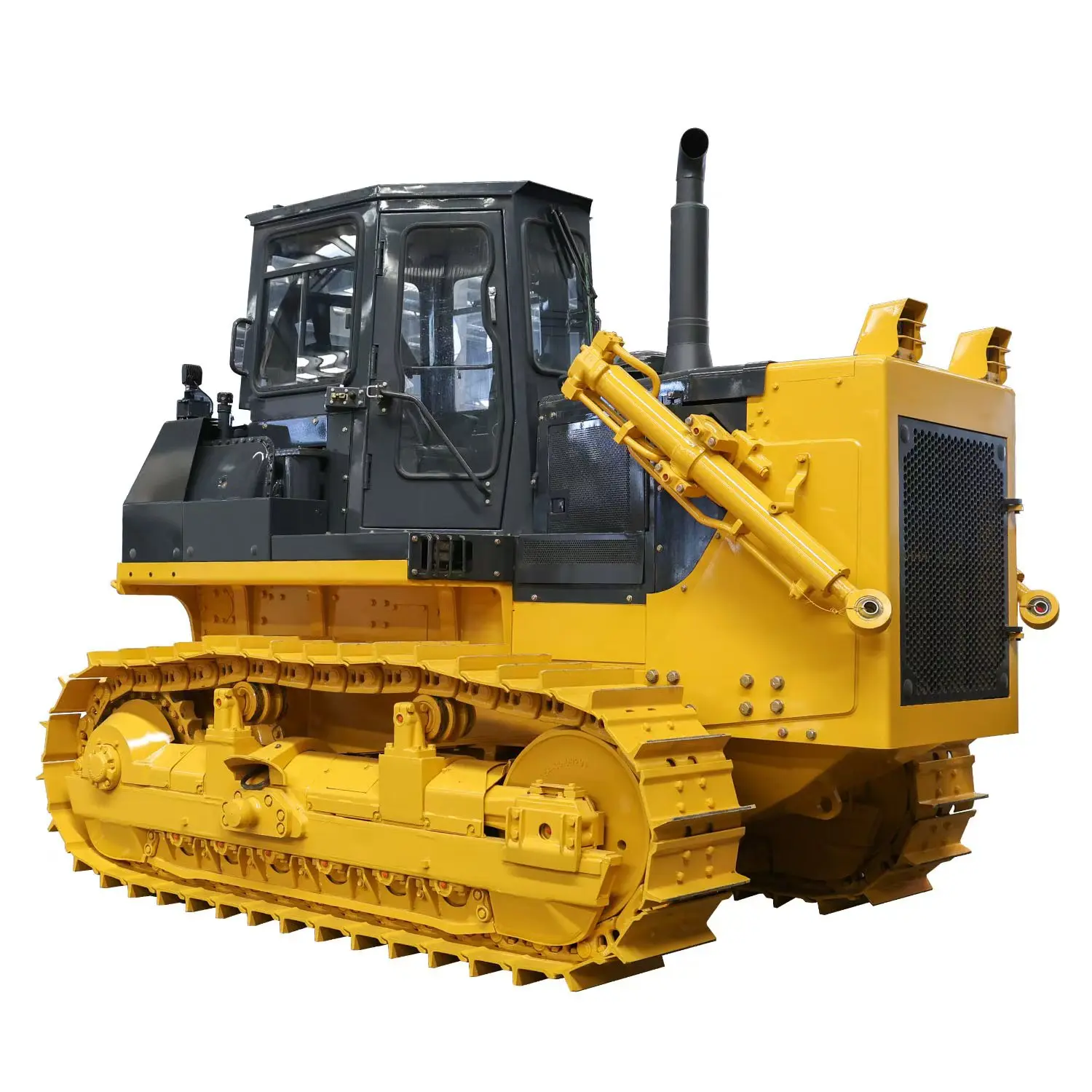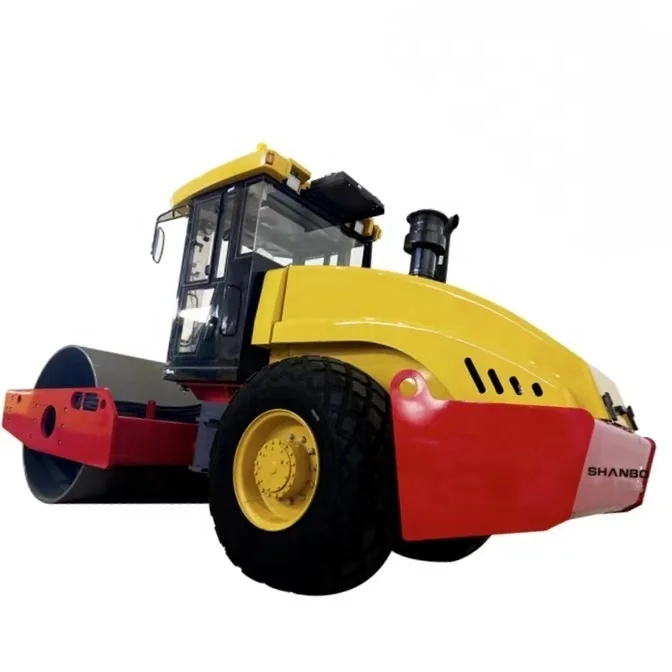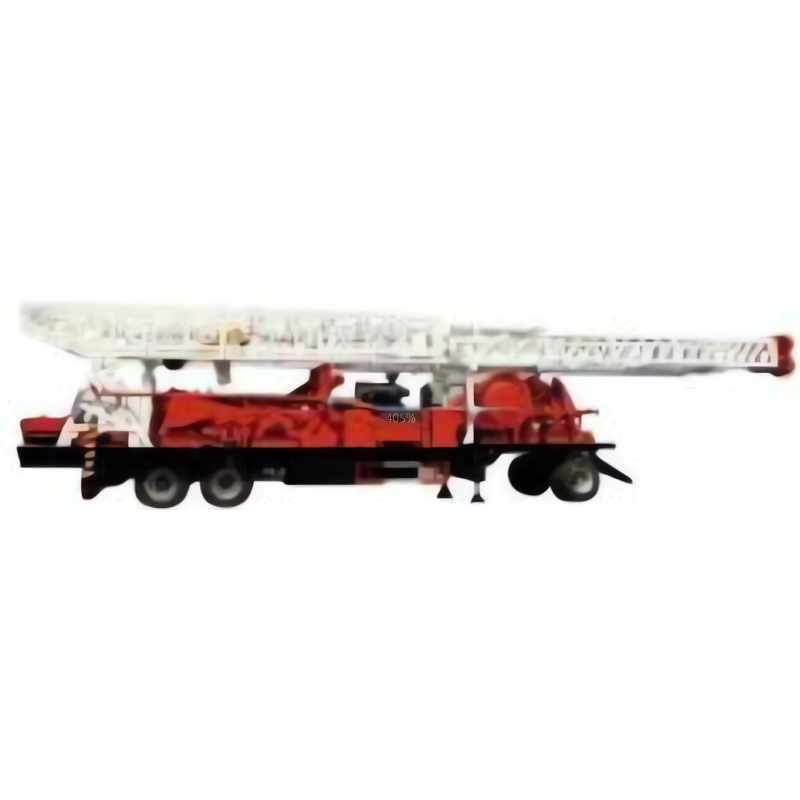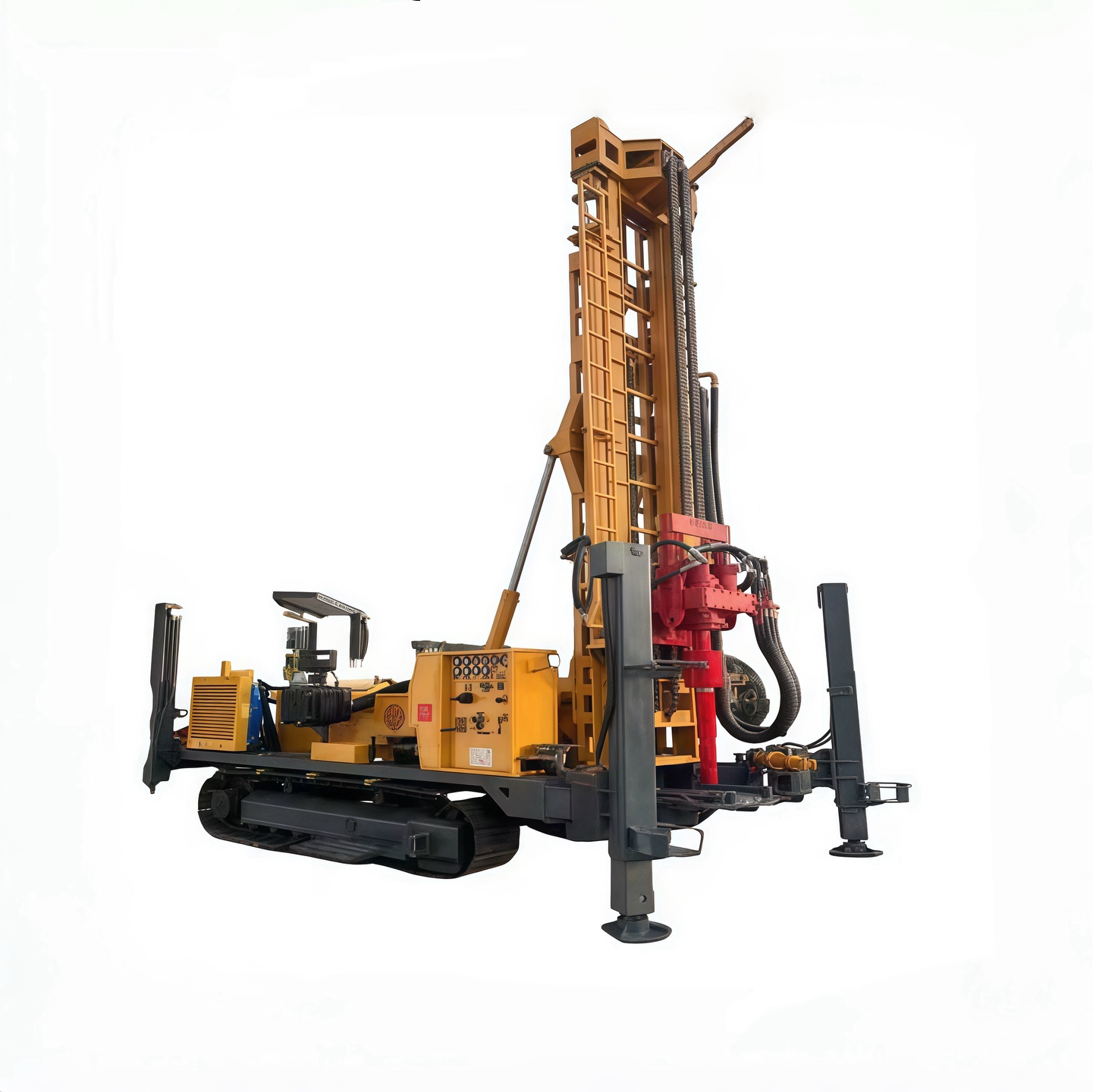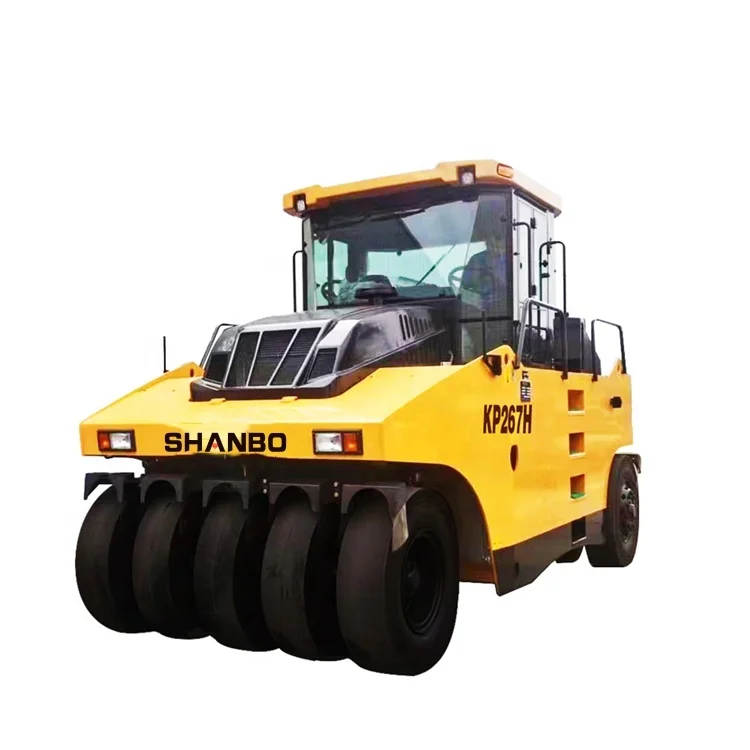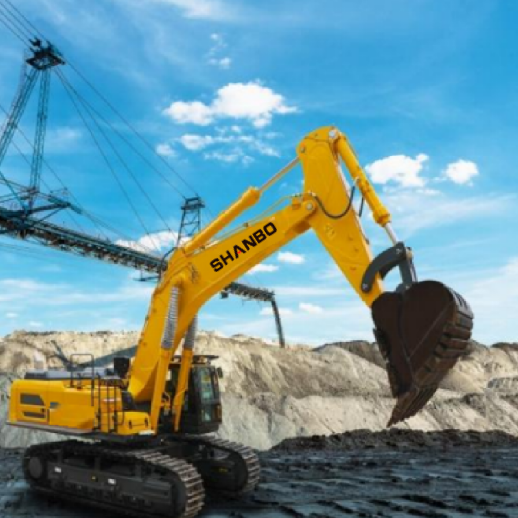Is the Dozer Machine Price Worth the Investment for Small Contractors?
For small contractors, every investment decision carries significant weight. The choice to purchase a dozer—a powerful piece of heavy machinery designed for earthmoving tasks like pushing soil, grading land, and clearing debris—can be a game-changer for businesses looking to expand their capabilities. However, with dozer prices ranging from tens of thousands to over a million dollars, small contractors must carefully evaluate whether the cost aligns with their operational needs and financial realities.
This article explores the factors that influence dozer machine prices, the benefits and challenges of ownership for small contractors, and strategies to maximize return on investment (ROI). By examining these elements, we aim to help small contractors determine if a dozer is a worthwhile investment for their business.
Understanding Dozer Machine Prices
Price Ranges for Dozers
Dozer prices vary widely based on factors such as size, brand, features, and condition (new or used). According to industry sources, small bulldozers with operating weights under 10,000 kg (10 tons) can start at around $40,000 for used models, while new compact dozers may cost upwards of $100,000.
Mid-sized dozers range from $150,000 to $300,000 for new units, with used options available for $60,000 to $200,000 depending on age and condition. Large dozers, designed for heavy-duty tasks, can exceed $1 million for new models, with used units priced between $200,000 and $800,000.
Factors Influencing Dozer Prices
Several factors drive the cost of dozers, making it essential for small contractors to understand what they’re paying for:
- Size and Type: Dozers are classified into small (up to 10 tons), medium (10–40 tons), and large (over 40 tons). Small dozers are more affordable and suited for residential or light commercial projects, while larger models are designed for mining or large-scale infrastructure work.
- Brand: Reputable brands like Shanbo, Caterpillar, John Deere, and Komatsu command premium prices due to their reliability, advanced technology, and widespread dealer support.
- Features and Technology: Modern dozers often include GPS, telematics, and automated grade control systems, which enhance precision but increase costs.
- Condition: Used dozers are significantly cheaper but may require more maintenance. A well-maintained used dozer with a full inspection report can be a cost-effective option for small contractors.
- Attachments: Blades (e.g., 6-way, U-blade, or semi-U blade) and rippers add functionality but also cost. The choice of attachments depends on the contractor’s specific needs, such as grading or breaking up compacted soil.
- Market and Region: Prices vary by region due to taxes, shipping, and local demand. For instance, in developing economies like India, government incentives and high infrastructure investment can make dozers more affordable through subsidies or rental options.
Benefits of Investing in a Dozer for Small Contractors
Enhanced Productivity and Versatility
Dozers are versatile machines capable of performing tasks like site preparation, grading, demolition, and material handling. For small contractors working on residential construction, landscaping, or road maintenance, a small or compact dozer (e.g., Shanbo 95 hp hydraulic compact bulldozer) offers maneuverability in tight spaces while delivering sufficient power for most tasks.
These machines can significantly reduce manual labor and speed up project timelines, allowing contractors to take on more jobs or larger projects. For example, a small dozer can efficiently clear debris or level surfaces for foundations, tasks that would otherwise require multiple workers or rented equipment.
Long-Term Cost Savings
While the upfront cost of a dozer is high, owning one can lead to long-term savings compared to renting or outsourcing earthmoving tasks. Rental costs for dozers can range from $500 to $2,000 per day, depending on the model and region. For contractors with frequent projects requiring earthmoving, these costs add up quickly.
Owning a dozer eliminates rental fees and provides the flexibility to use the machine on demand. Additionally, modern dozers are designed for fuel efficiency and low maintenance, with features like Tier 4 Final emission systems reducing operating costs over time.
Competitive Advantage
Owning a dozer can set a small contractor apart from competitors who rely on rentals or manual labor. The ability to handle earthmoving in-house can attract clients looking for faster project completion and cost-effective services.
Moreover, dozers equipped with advanced technologies, such as GPS-based grade control, allow contractors to deliver precise results, enhancing their reputation for quality work.
Potential for Additional Revenue Streams
A dozer can open new revenue opportunities for small contractors. Beyond construction, dozers can be used for landscaping, land clearing, or even rental to other contractors when not in use. Small contractors can offset ownership costs by renting out their dozers during downtime. This flexibility can turn a dozer into a profit-generating asset rather than just a tool.
Challenges of Dozer Ownership for Small Contractors
High Initial Investment
The most significant barrier for small contractors is the high upfront cost of purchasing a dozer. Even used small dozers start at $40,000, which can strain the budgets of businesses with limited capital.
Financing options are available, but monthly payments and interest rates can still be a burden, especially if project cash flow is inconsistent. Additionally, hidden costs like taxes, shipping, and dealer fees can increase the total investment.
Maintenance and Operating Costs
Dozers require regular maintenance to ensure optimal performance, including track or tire replacements, blade repairs, and engine servicing. The final drive, one of the most used components, is often the most expensive to replace.
For used dozers, maintenance costs can be higher if the machine lacks a detailed service history. Fuel costs also add up, particularly for larger models. Small contractors must budget for these ongoing expenses to avoid unexpected financial strain.
Operator Training and Labor Shortages
Operating a dozer requires skilled labor, and the construction industry is facing a growing shortage of qualified operators. A 2020 report noted that 91% of contractors struggled to fill skilled positions, a trend expected to worsen as experienced workers retire.
Training new operators is costly and time-consuming, and improper operation can lead to machine damage or project delays. Small contractors may need to invest in training programs or hire experienced operators, adding to operational costs.
Alternative Equipment Options
The availability of alternative equipment, such as excavators or skid steers, can reduce the need for a dozer in some applications. These machines may be more affordable and versatile for certain tasks, posing a challenge for small contractors considering a dozer purchase. For example, a compact track loader can handle light earthmoving and is easier to transport, potentially making it a better fit for small-scale projects.
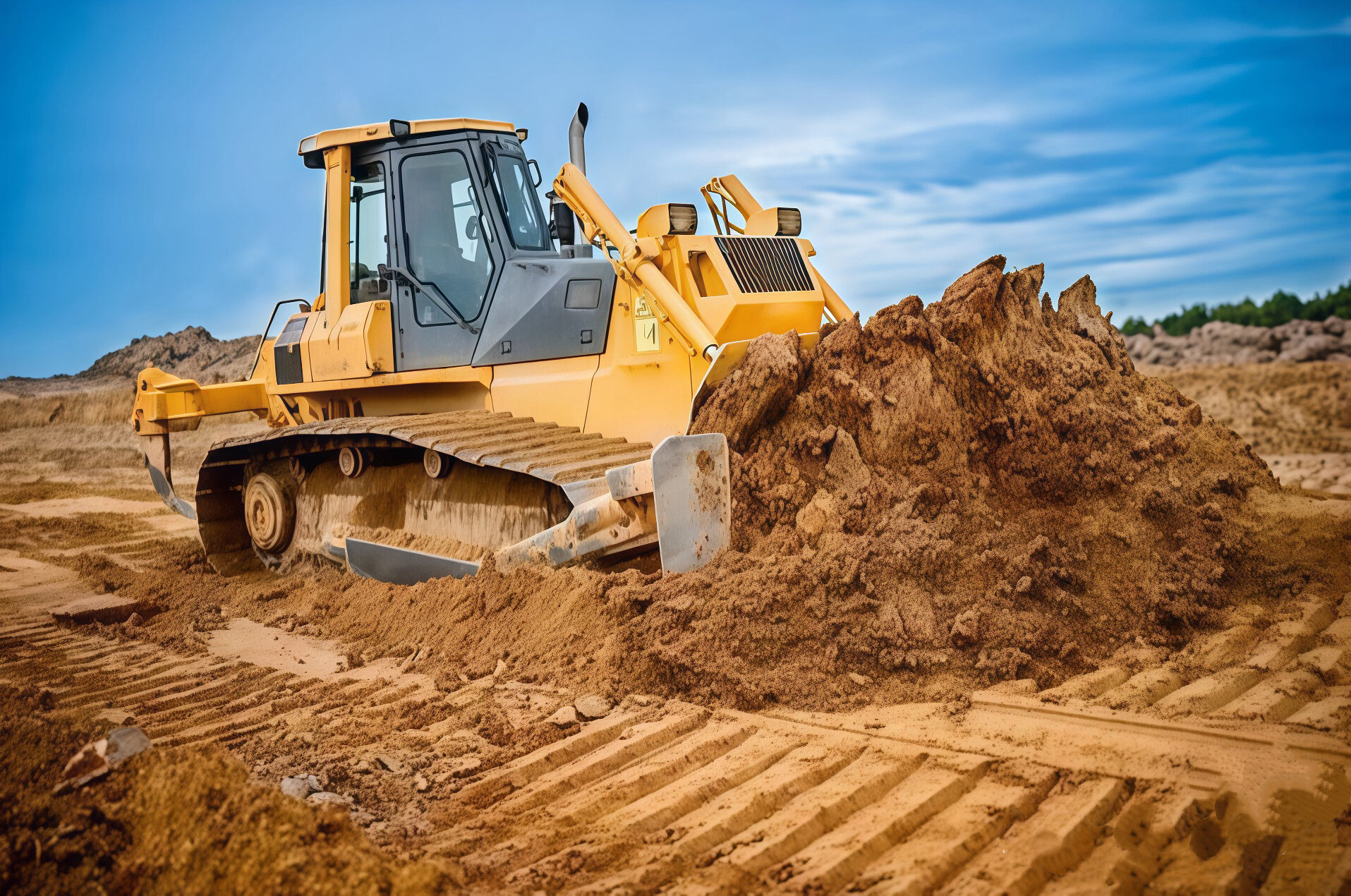
Strategies to Maximize ROI
Choosing the Right Dozer
Selecting a dozer that matches the contractor’s typical project scope is critical. For small contractors, compact dozers like Shanbo’s mini dozer are often the best choice due to their affordability, maneuverability, and suitability for residential or urban projects.
These models balance power and size, making them easy to transport without requiring specialized equipment. Contractors should also consider used dozers with low hours and a verified maintenance history to reduce costs without sacrificing reliability.
Leveraging Financing and Rental Options
To mitigate the high initial cost, small contractors can explore financing options offered by dealers like Shanbo, Caterpillar or John Deere, which often include flexible payment plans. Some dealers also bundle precision technology packages into financing agreements, spreading out the cost of advanced features.
Alternatively, renting a dozer for specific projects can be a cost-effective way to test its value before committing to a purchase. In markets like the U.S., high demand for equipment rentals provides access to modern dozers without the full ownership cost.
Investing in Technology
Dozers with advanced features, such as GPS and automated controls, can improve efficiency and reduce labor costs. The advanced technology can increase grading accuracy by up to 50%, allowing small contractors to complete projects faster with fewer workers.
While these features increase the purchase price, they can pay off through improved productivity and client satisfaction. Contractors should weigh the cost of technology against the potential savings in time and labor.
Maintenance Planning
Proactive maintenance is essential to keep operating costs low. Contractors should follow manufacturer maintenance schedules and invest in high-quality machines from reputable dealers like Shanbo. Regular inspections can prevent costly repairs, and purchasing extended warranties or service contracts can provide peace of mind for used dozers. Additionally, choosing dozers with modular components can simplify maintenance and reduce downtime.
Conclusion
For small contractors, the decision to invest in a dozer requires careful consideration of costs, benefits, and operational needs. While the high initial price and ongoing maintenance costs present challenges, the productivity gains, long-term savings, and competitive advantages of owning a dozer can make it a worthwhile investment.
By choosing the right model, leveraging financing or rental options, investing in technology, and planning for maintenance, small contractors can maximize their ROI. Additionally, exploring rental income can turn a dozer into a revenue-generating asset.
Ultimately, the value of a dozer depends on the contractor’s project volume, budget, and ability to utilize the machine effectively. For those with frequent earthmoving needs, a dozer can be a transformative addition to their fleet, enabling growth and profitability in a competitive industry.
Recommended Products
 Hot News
Hot News
-
“Water Savior” 200 m Reverse Circulation Water Well Drills Arrive in Uzbekistan
2025-03-28
-
Wheel Loader vs Bulldozer: Which Heavy Machine Fits Your Project?
2026-01-22
-
Bulldozer Track Parts Explained: Types, Functions, and Maintenance Tips
2026-01-21
-
Top Global Bulldozer Manufacturers: Leading Brands You Should Know
2026-01-20
-
Construction Excavator Overview: Types, Functions, and Key Advantages
2026-01-19
-
Ranking the Best Bulldozer Models for Heavy Construction and Mining
2026-01-17
